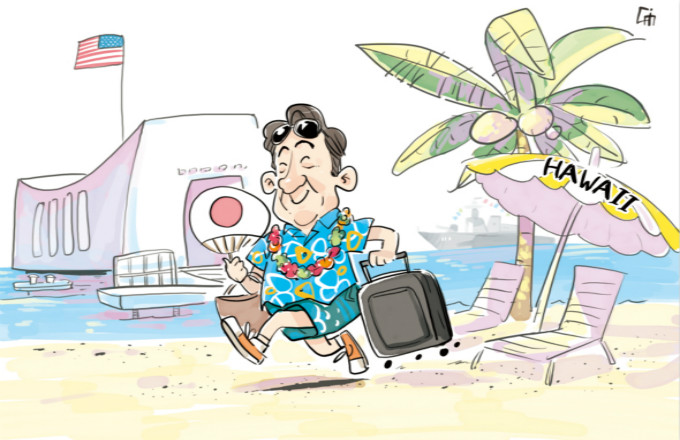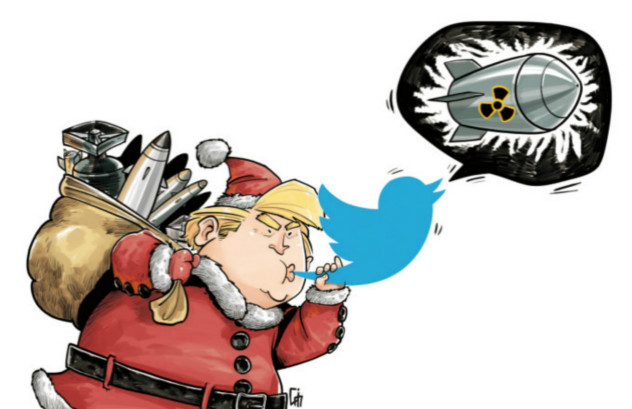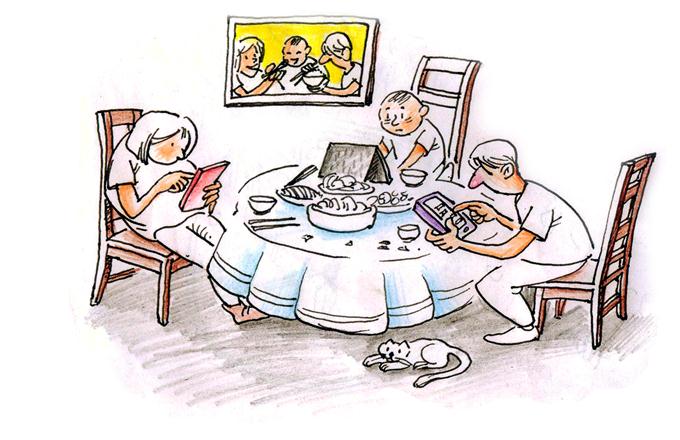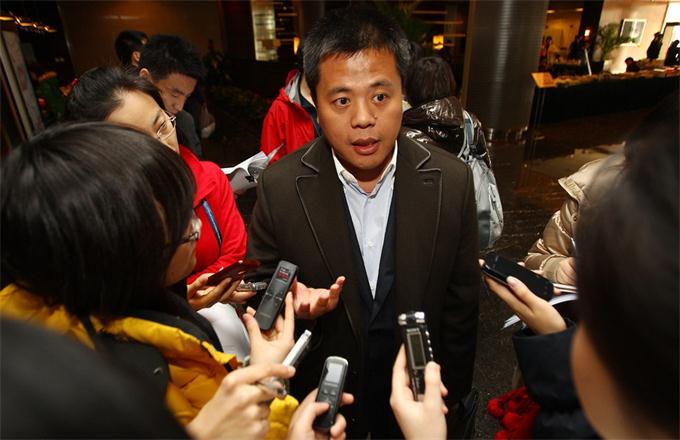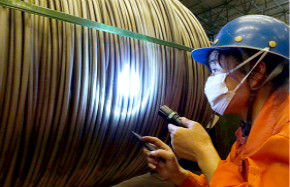Not the trump card Americans need today
The rest of Trump's economic agenda will depend largely on whether House Speaker Paul Ryan is a true fiscal conservative. Trump has proposed that large tax cuts for the rich be combined with massive infrastructure-spending programs, which would boost GDP and improve the government's fiscal position somewhat, but not nearly as much as advocates of supply-side economics hope. If Ryan is not as concerned about the deficit as he says he is, he will rubberstamp Trump's agenda, and the economy will receive the Keynesian fiscal stimulus that it has long needed.
Another uncertainty relates to monetary policy. Trump has already spoken out against low interest rates, and there are two vacancies on the US Federal Reserve's Board of Governors. Add to that the large numbers of Fed officials itching to normalize rates, and it is fair bet that they will do so-perhaps more than offsetting Trump's Keynesian stimulus.
Trump's pro-growth policies will also be undermined if he exacerbates inequality through his tax proposals, starts a trade war, or abandons America's commitments to reduce greenhouse gas emissions (especially if others retaliate with a cross-border tax). Now that Republicans control the White House and both houses of Congress, they will be relatively free to weaken workers' bargaining power, deregulate Wall Street and other industries, and turn a blind eye to existing antitrust laws-all of which will create more inequality.
If Trump follows through on his campaign threat to impose tariffs on Chinese imports, the US economy would probably suffer more damage than China's. Under the existing World Trade Organization framework, for every "illegal" tariff that the US imposes, China can retaliate anywhere it chooses, such as by using trade restrictions to target jobs in the congressional districts of those who support US tariffs.
To be sure, measures against China permitted under the WTO framework, such as anti-dumping tariffs, may be justified in some areas. But Trump has enunciated no guiding principles for trade policy, and the US-which directly subsidizes its automobile and aircraft industries, and indirectly subsidizes its banks through ultra-low interest rates-would be throwing stones from a glass house. And once this tit-for-tat game begins, it could very well end in the destruction of the open international order created since World War II.
Similarly, the international rule of law, which is enforced primarily through economic sanctions, could fare poorly under Trump. How will the new president respond if Russia-aligned troops escalate the conflict in eastern Ukraine? America's real power has always derived from its standing as an inclusive democracy. But people around the world have now lost confidence in democratic processes. As American soft power continues to erode, the future of the international order will become more uncertain.
Meanwhile, the Democratic Party will surely be conducting an election post mortem. Democratic presidential nominee Hillary Clinton lost because she failed to offer voters a convincing vision that was markedly different from the neoliberal agenda that her husband and former US president Bill Clinton embraced in the 1990s. Having pursued a political strategy of "triangulation"-adopting versions of its opponents' policies-for more than a generation, the party of the left could no longer present itself as a credible alternative to the party of the right.
The Democrats will have a future only if they reject neoliberalism, and adopt the progressive policies proposed by leaders such as Elizabeth Warren, Bernie Sanders and Sherrod Brown. This will put them in a strong position against the Republicans, who will have to figure out how to manage a coalition of evangelical Christians, corporate executives, nativists, populists and isolationists.
With the arrival of Trump, and with both major parties now redefining themselves, the coming year may well be remembered as a turning point in US and world history.
The author, a Nobel Prize winner in economics, is university professor at Columbia University and chief economist at the Roosevelt Institute. His most recent book is The Euro: How a Common Currency Threatens the Future of Europe.
Project Syndicate






